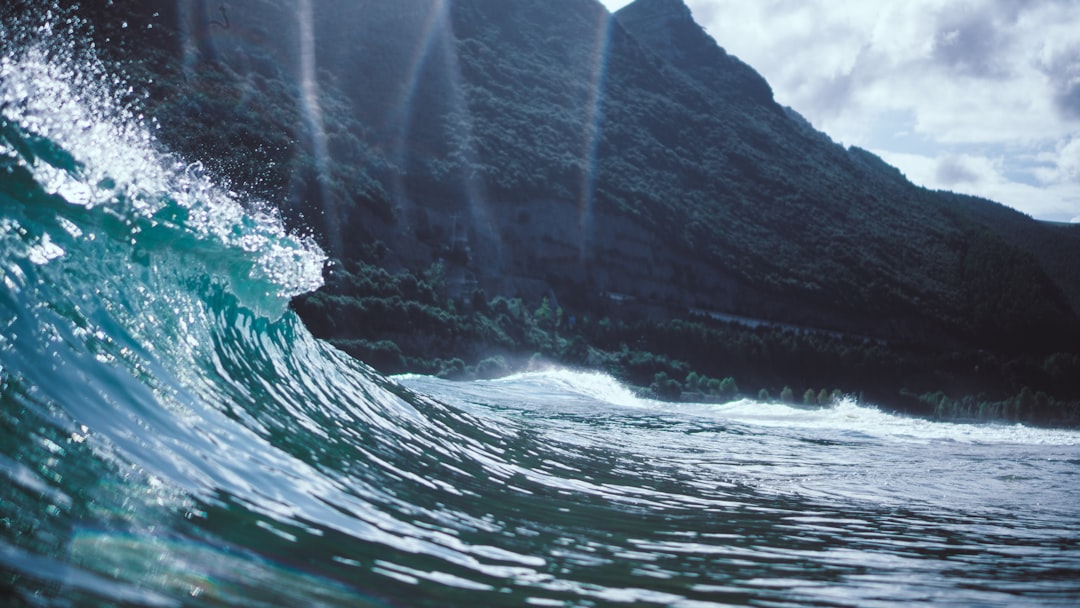This article is about geopolitical theory but not only. It will be highly relevant to the incoming report “Blockading China”. See at the end of the chapter “why it matters”.
Two different types of civilizations
One analytical tool for geopolitical rivalry is analyzing the very nature of the great powers involved.
Keep reading with a 7-day free trial
Subscribe to The Eurasian Century to keep reading this post and get 7 days of free access to the full post archives.



